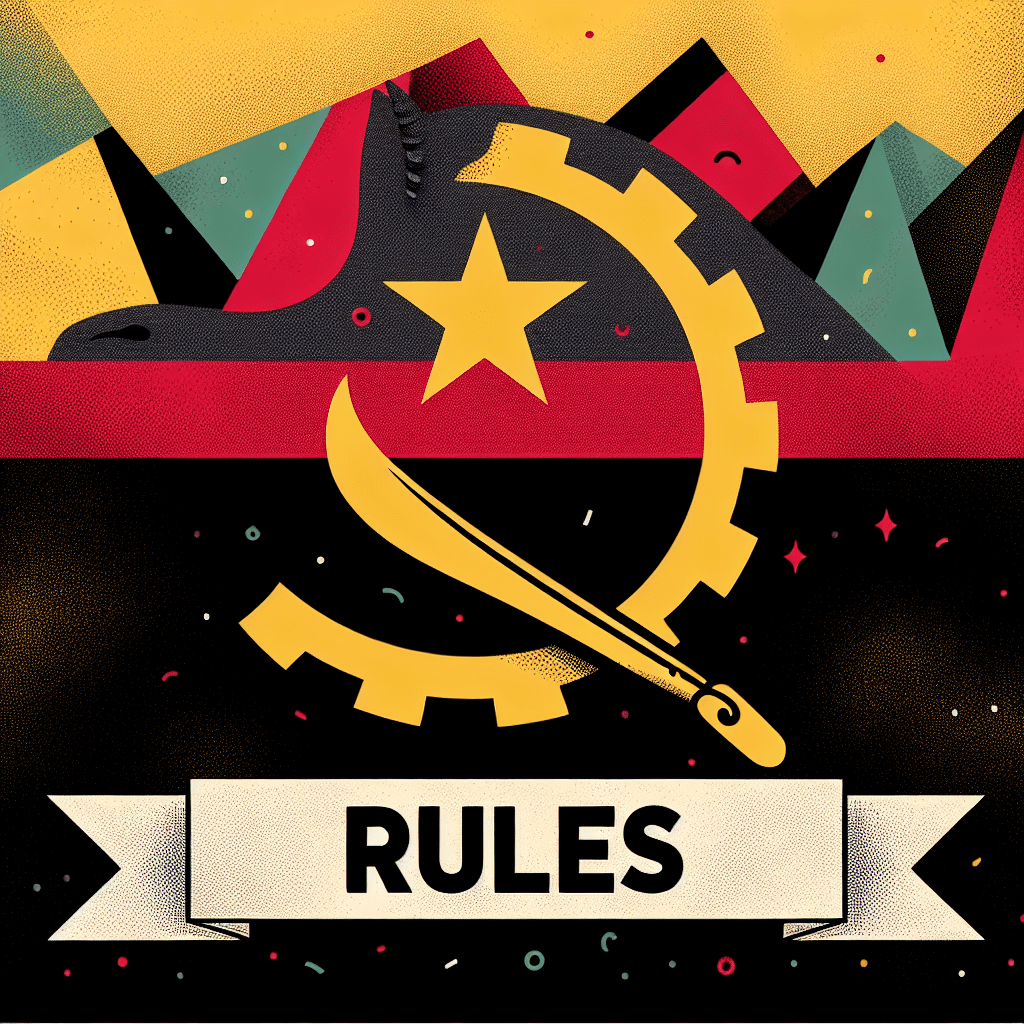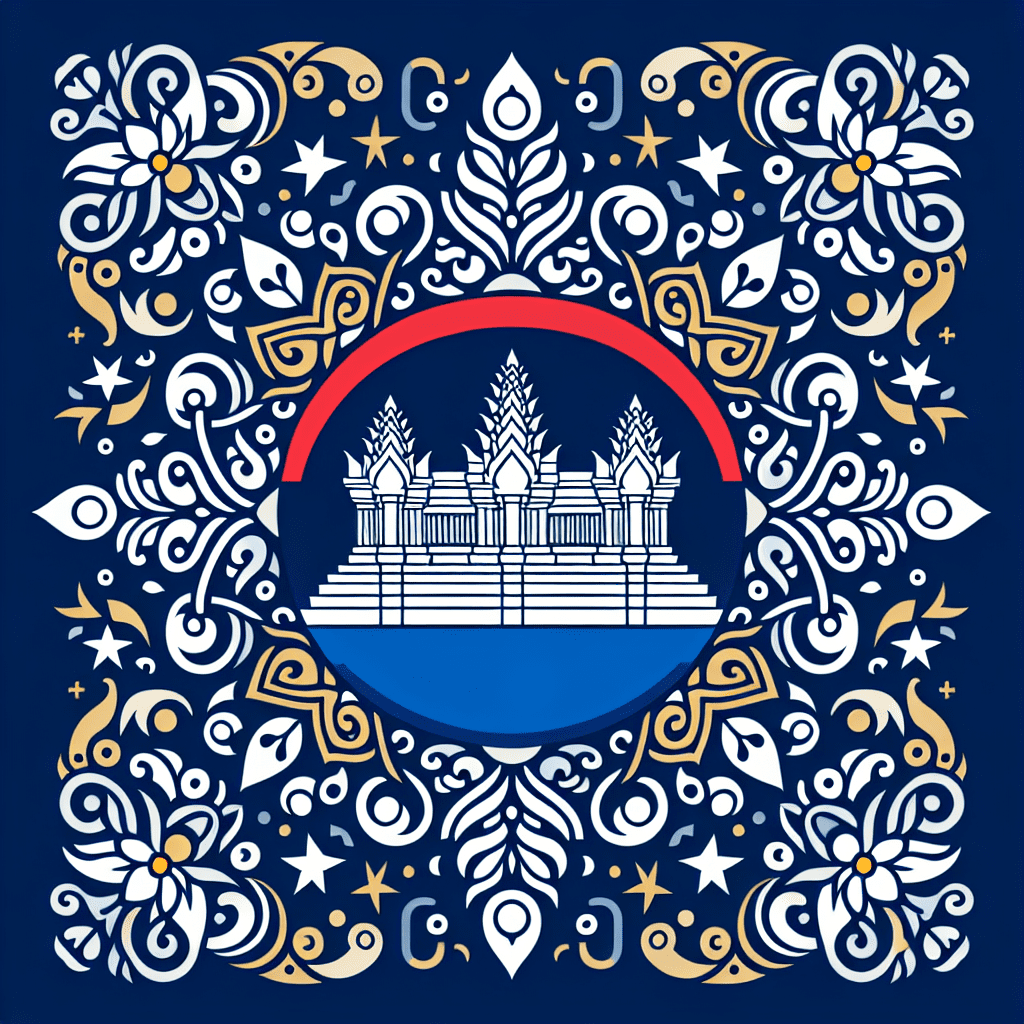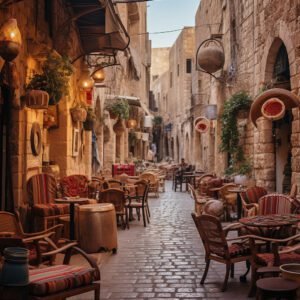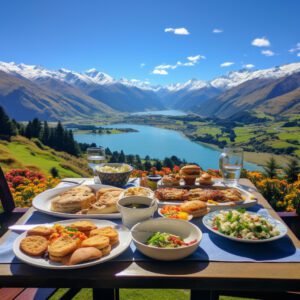
Introduction
Traveling to a new country can be an exciting and enriching experience. It offers an opportunity to immerse ourselves in different cultures, explore diverse landscapes, and meet new people. However, it is essential to remember that each country has its own rules and cultural norms that visitors should respect. Understanding and adhering to these rules not only ensures a smooth and enjoyable trip but also shows respect for the local customs and traditions. In this article, we will explore the rules and cultural norms of Angola, a vibrant and diverse country in Southern Africa.
Key Elements
Element 1: Greeting and Etiquette
In Angola, greetings are an important part of the culture. When meeting someone for the first time, it is customary to shake hands and maintain eye contact. A warm smile and a slight bow are also considered polite gestures. It is important to address people by their formal titles, such as “senhor” for men and “senhora” for women, followed by their surname. It is best to wait for your host or the eldest person in a group to initiate the conversation before sharing personal stories or asking questions.
Element 2: Dress Code
Angolans value modesty and dressing conservatively is highly regarded in most regions of the country. When visiting religious sites or attending formal events, it is important to dress more formally. Men should wear long pants and collared shirts, while women should opt for dresses or skirts that cover the knees and shoulders. It is also advisable to avoid wearing revealing or tight-fitting clothing, especially in rural areas or when interacting with older generations.
Element 3: Cuisine and Dining Etiquette
Angolan cuisine is diverse and flavorful, reflecting the country’s rich culinary heritage. When dining with locals, it is customary to wait for the host or the eldest person to begin eating before starting your meal. It is considered impolite to leave food on the plate, so it is best to serve yourself smaller portions and request more if desired. Additionally, it is common to eat with your right hand, as the left hand is traditionally reserved for personal hygiene purposes. Remember to try local delicacies, such as muamba de galinha (chicken stew) and funge (a staple food made from cassava flour), to truly experience the Angolan culture.
Element 4: Photography and Privacy
While Angola boasts stunning landscapes and vibrant cityscapes that are perfect for photography, it is important to respect people’s privacy and seek permission before taking their photos. Some individuals may not feel comfortable having their picture taken, especially in rural areas or during traditional ceremonies. Additionally, it is advised to refrain from taking pictures of government buildings, military personnel, or sensitive infrastructure, as it may be prohibited.
Element 5: Personal Safety and Security
Like any other destination, it is essential to prioritize personal safety and security when traveling in Angola. It is recommended to exercise caution and avoid displaying valuable items in public. Stay vigilant in crowded places to prevent pickpocketing or theft. It is advisable to use reliable transportation options and avoid walking alone at night, especially in unfamiliar areas. It is also important to stay informed about any relevant travel advisories before visiting Angola and follow the guidance provided by local authorities and your embassy.
Tips for Traveling
- Research Local Laws and Regulations: Before traveling to Angola, it is crucial to familiarize yourself with the country’s regulations and laws. Be aware of restrictions on specific activities or behaviors to ensure you do not inadvertently violate any rules.
Learn Basic Portuguese Phrases: Portuguese is the official language in Angola, and while English is spoken in some tourist areas or by individuals in the hospitality industry, knowing a few basic Portuguese phrases can go a long way in enhancing your travel experience and communicating with the locals.
Respect Cultural Traditions: Angola has a rich cultural heritage, and it is respectful to learn about and appreciate local customs and traditions. Whether attending a traditional dance performance or visiting a local village, show interest and respect for the culture, and obtain permission before participating in any cultural activities.
Be Mindful of Public Displays of Affection: Public displays of affection, such as kissing or embracing, are generally not common in Angolan culture. It is advisable to be mindful of this cultural norm and limit such gestures to more private settings.
Exchange Currency: Ensure you have the local currency, Angolan kwanza (AOA), for your travels. While some establishments may accept major credit cards, it is always helpful to carry cash, especially in rural areas or smaller towns where card options may be limited.
Seek Local Advice: When planning activities or exploring new areas, consider seeking advice from reputable local tour operators, hotel staff, or trusted individuals who can provide insights into the best places to visit, eat, and stay.
Disclaimer: The information provided in this article is meant for informational purposes only and should not replace professional advice or official laws and regulations. Travelers are encouraged to consult official sources, such as government websites or consult with relevant authorities before their trip to ensure they have the latest and most accurate information regarding rules and cultural norms in Angola.
By following these rules and cultural norms, travelers can have a more immersive and enjoyable experience in Angola, embracing the country’s vibrant culture, stunning landscapes, and warm hospitality. Remember to always be respectful, open-minded, and willing to learn, and you are sure to create lasting memories while exploring this beautiful African nation.


